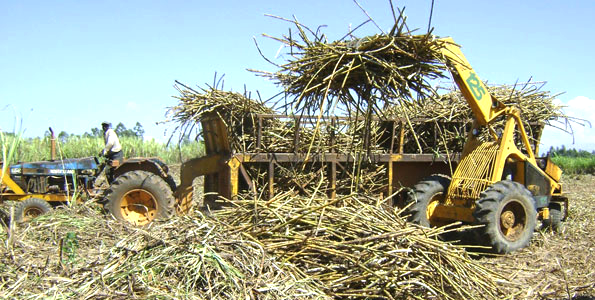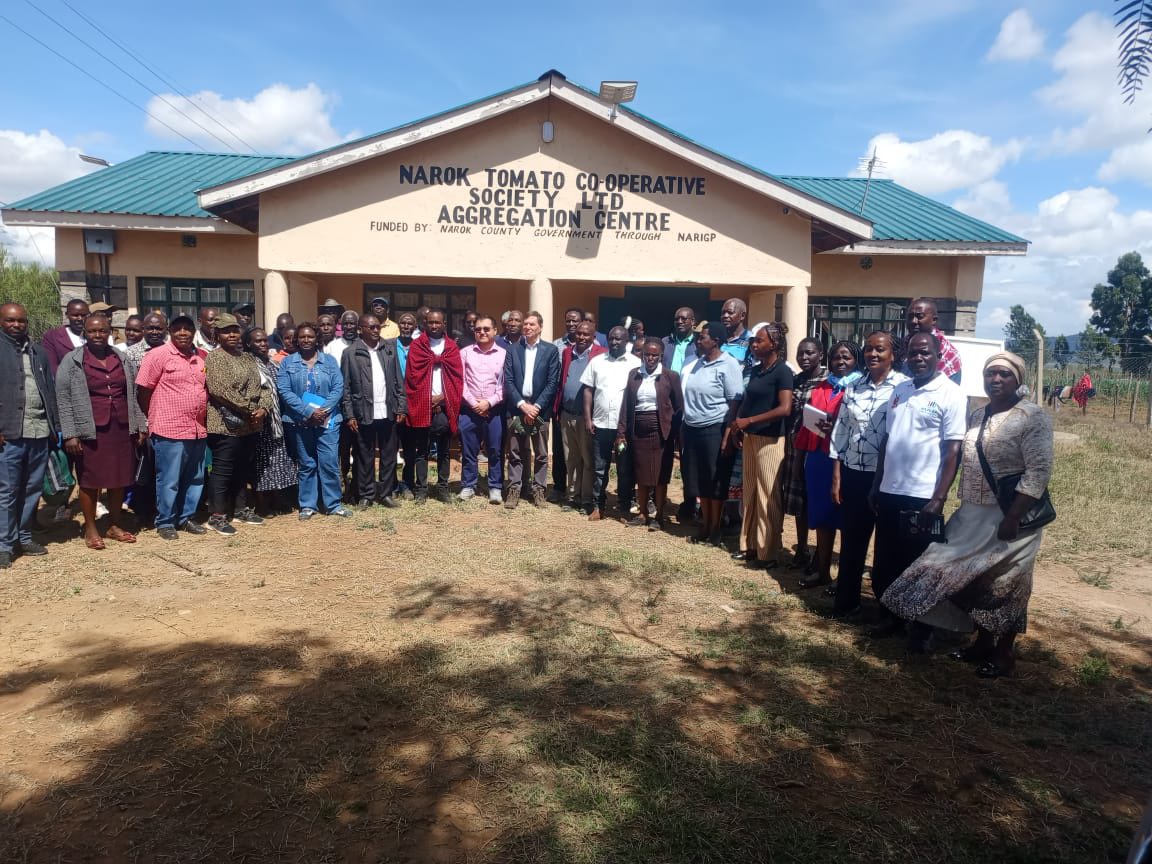The Kenya Sugar Board (KSB) has been given a six month ultimatum to draft regulations aimed at streamlining operations of the troubled sugar sector.
Agriculture Principal Secretary, Kiprono Ronoh, said these regulations are crucial for ensuring the effective implementation of the new law which came into place following the recent assent of the Sugar Bill by President William Ruto. “The draft regulations will define key roles and responsibilities, set guidelines for managing research institutions, and establish the KSB board,” he stated.
Ronoh further disclosed that these regulations will provide clarity on the sugar development levy funds and their usage, all aimed at revitalizing the struggling sector.
Speaking at the close of a week-long sugar industry technology and innovation symposium in Kisumu, the PS emphasized the government’s commitment to fast-track industry reforms.
Kenya Sugar Board CEO Jude Chesire, said the regulatory body has already established a transition committee to delink from the Agriculture and Food Authority (AFA), where the Sugar Directorate was previously housed.
As the KSB moves towards autonomy, it will now serve as the sole regulator for the sugar industry, overseeing all sector reforms. Chesire said that a technical capacity and restructuring team has been put in place to lay the groundwork for the industry’s operations.
“We expect this to be done by June next year,” he said, emphasizing the urgency and commitment to revitalizing the sugar sector. The sugar industry has entered a historic phase of rejuvenation following the President’s assent to the Sugar Bill, signaling the government’s commitment to addressing the sector’s long-standing challenges. This development is seen as a lifeline for an industry plagued by inefficiencies, financial difficulties, and overwhelming debt.
The new law empowers KSB to establish and enforce regulations aimed at restructuring the industry to ensure sustainability, growth, and competitiveness. Chesire stressed that these regulations will be fast-tracked to ensure the envisioned reforms take root within six months. “We expect that by mid-next year, the exercise will be completed to allow the envisioned reforms in the struggling sugar industry to begin,” he added during a press briefing in Kisumu.

These regulations are expected to modernize the sector and streamline the sugar production process, which has been crippled by inefficiencies, poor management, and outdated technology.
For years, millers and farmers have grappled with a deepening crisis, leading to staggering losses and unrest among workers. The government’s intervention has been pivotal, starting with the decision to write off Ksh117 billion in debts, seen as a critical first step in the recovery process.
By removing these debts, the government has given sugar producers a much-needed breather, enabling them to focus on recovery and growth without the looming threat of financial collapse.
Chesire noted that this debt write-off is just one aspect of a comprehensive recovery plan addressing both immediate and long-term needs. Ronoh announced last week that Ksh546 million had been allocated to help struggling millers regain stability.
Four major sugar mills—Sony, Chemelil, Muhoroni, and Nzoia—received a share of Ksh150 million each to address liquidity issues and ensure operational continuity.
Nzoia, in particular, received Sh90 million to offset three months’ worth of workers’ arrears, a move that restored morale and stability in the workforce. Further financial interventions include the potential write-off of an additional Ksh1.2 billion owed by out grower institutions declared technically insolvent.
YOU MAY ALSO READ:
Government allocates Ksh.546 million to revitalize Kenya’s sugar sector
Chesire explained that this measure aims to boost the out grower sector, ensuring continued supply of sugarcane to the mills without the threat of insolvency. He reiterated that the regulations being developed by the sugar board are designed to provide the structural reforms needed to achieve these goals. Despite the optimism generated by recent government interventions, stakeholders remain cautious.
They say the success of these initiatives will depend on the effective implementation of regulations, timely disbursement of funds, and a collective commitment to reform the industry.”
By Fredrick Odiero
Get more stories from our website: Sacco Review.
For comments and clarifications, write to: Saccoreview@
Kindly follow us via our social media pages on Facebook: Sacco Review Newspaper for timely updates
Stay ahead of the pack! Grab the latest Sacco Review newspaper!



